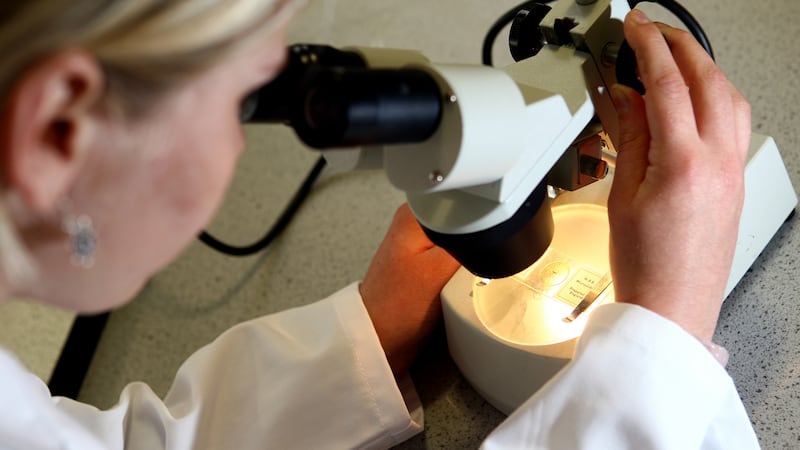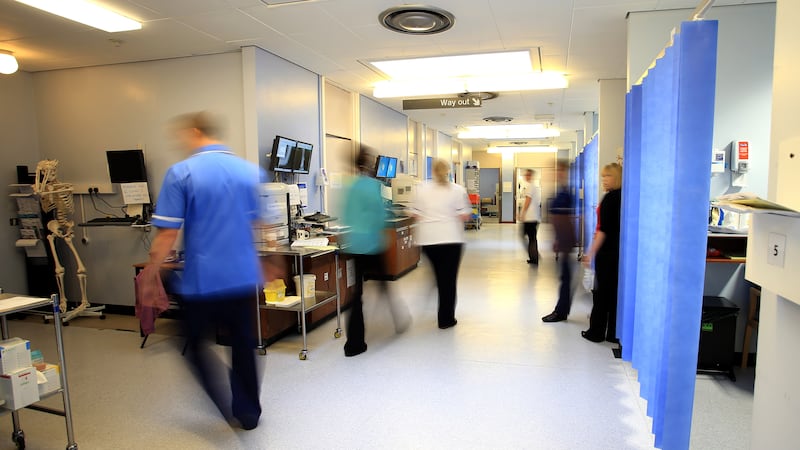Did Fionnuala O Connor engage in an act of revisionism in her column on February 12? She casually accuses Sinn Féin of ‘whistling past graveyards’ and numbers the 2,000 dead victims of republican violence and ascribes unionist’s role in the carnage which ensued from unionist misrule here for 50 years to one of discrimination in jobs and housing and control of an almost exclusively Protestant police force which used brutal means to control the minority Catholic/nationalist population here. If we visit the 1960s, leading up to the outbreak of violence in 1969 we find that what Fionnuala failed to mention and, which is incumbent to know for those who didn’t live through that period, Peter Ward, an 18-year-old Catholic, was murdered and his colleague critically injured by unionist gunmen in Belfast on June 22 1966.Two months earlier, John Scullion, another innocent Catholic was also found to be shot and killed, after his death was described by the RUC as a stabbing. Also in 1969 in Belfast, Patrick Rooney, a nine-year-old Catholic boy, was murdered in his bedroom in Divis Flats by a bullet fired by an RUC officer. Also, in Derry in 1969, Samuel Devenney, a 43-year-old Catholic father of nine was beaten senseless by a group of RUC officers in the hallway of his home during a riot in that city, and later died from his injuries. With the exception of Gusty Spence, convicted for the murder of Peter Ward, the rest of the murders remain unsolved.
The burning of Bombay Street by unionist mobs also occurred in 1969. The Provisional IRA, Gerry Adams and Martin McGuinness were all unheard of when all this occurred in 1969.
So, just who is it that happily whistles past the graves that were opened in the 1960s, and which Fionnuala conveniently never mentioned?
D FINNEGAN
Newry, Co Down
Alternative suggestions to make life a little better
Whatever happens over Brexit, our situation here will not change to any appreciable level.
However, I have a few ideas that may make our lives a little better than it is at present.
We need to bring the role of our elected delegates down to the level of the people they represent, namely by placing all of them on the minimum wage, which is more in keeping with their role as servants of the public, to include a bonus system that rewards progress and positive results – a good number of us exist on the minimum wage. I know that when I was working, I relied on a bonus system to raise my basic earnings into a living wage.
No special car allowance or taxi fares to be permitted, except in circumstances absolutely necessary, and verifiable. I do not know of many people in our communities who can avail of such generous expense accounts.
These elected representatives should be offered bus and train passes for use during their many journeys on official business. However, they can always use their own cars at their own expense, as we have to and with no compensatory payments.
Our public transport is currently underused, overpriced and with a good number of buses well past their sell-by date. Still, this may all change with our MLAs and councillors using a service that we are forced to use on a daily basis.
May I also include an option of a ‘Fares Fair’ policy, as was operated in London in the 1980s with a charge of 10p/20p/30p on a zonal basis. The fares could be slightly modified in keeping with present-day price increases but, as a bonus, it could be of some help in the quest to defeat global warming by reducing car use.
Our roads are currently in a poor state of repair, the Health Service is starved of money and the Welfare State is awaiting a generous handout.
EDWARD MURPHY
Ballycastle, Co Antrim
Use your will power to beat heartbreak forever
Iam writing on behalf of the people and families in Northern Ireland who suffer the often devastating effects of heart and circulatory diseases, which include heart disease, stroke and vascular dementia and their risk factors like type 2 diabetes.
Each year, these conditions account for 3,707 deaths in Northern Ireland, which is why the British Heart Foundation (BHF) is committed to funding more than £100m of pioneering research each year to stop one-in-four lives in the UK being taken too soon.
Sadly, like so many others, I’ve been personally affected by this and have experienced the heartbreak of losing a loved one to heart and circulatory diseases. That is why I’ve included a gift to the BHF in my will. Together, we can change how this story ends for millions of families.
Over the last 60 years, so much of our work, has only been possible thanks to the amazing individuals who have remembered the BHF in their will. These very special gifts fund half of our research and have the power to make a lasting difference to the lives of future generations. We are asking readers to join us and become part of tomorrow’s life saving breakthroughs. By including a gift to the BHF in their will they can help us beat heartbreak forever. We call it will power.
In 1961, the UK faced an epidemic of heart and circulatory diseases that accounted for more than half of the deaths in the UK.
A gift of any size, after you’ve provided for your loved ones, can enable us to discover new ways to prevent, treat and cure the world’s biggest killers.
To find out more about leaving a gift in your will, please visit bhf.org.uk/wills
SIMON GILLESPIE
Chief Executive, British Heart Foundation
Ground-hog Day for Sailortown
FIFTY years ago the Sailortown area was absolutely destroyed by the powers that be to facilitate the M2 motorway system to circumvent the city centre. As a project it was a complete failure. You only have to look at Nelson Street etc each and every day to see the lack of forward thinking by the city planners and we are about to go down this road again with the York Street Interchange (YSI). Once again the area will be a building site for probably five years and cut off yet again from the city centre.
Road Services has of yet failed to engage with the community living closest to this who are the ones who will suffer the most in the end.
Millions of pounds is being spent all around this area on massive developments – City Quays, Belfast Harbour Commissioners Offices, hotels, the new campus for Ulster University and private development of student apartments. Yet we have two historic buildings in the area falling down around us – St Joseph’s Church and the Parochial House. These at present are the future for the community as community hubs. St Joseph’s was recently saved from a demolition order placed on it by BCC and was ironically saved by the BCC and HED with an influx of last-minute funding of £130,000 pounds from DfC. A mere £79,000 would complete stage two of the refurbishment of the church and allow it to open for community use.
PAT BENSON
Chairman, Sailortown Regeneration Group







